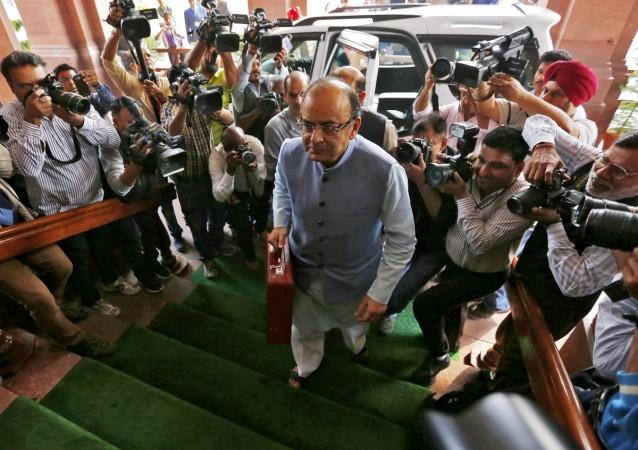
The Indian government's proposal for presentation of the union budget in January from next year, is aimed at ensuring that the recommendations are approved and passed by March and that the departments can implementing it from the first day of the new financial year, i.e. April 1.
The budget is currently presented in the last week of February, and is passed by May. The departments therefore lose 2-3 months in implementing the new outlays.
The proposal for advancing the budget presentation received a favourable response from the Central Board of Direct Taxes (CBDT), the Press Trust of Indiareported.
"If you have the budget...in January, you get President assent by March 31. The financial year starts from April 1. So from the first day of financial year, outlays will be in place, expenditures will be allocated and therefore we will not lose two/three months of financial year in budget process. It will bring in more efficiency in budget making," Nair said, adding that if the budget is presented in January, the expenditure by departments can be streamlined.
"The budget is presented on February 28/29 and by the time it...gets assent of President it is around May 15. So for April and May, we have to take a Vote on Account. So expenditures at that time in all ministries is only allocated what was in earlier year. It also makes a duplication of process...," Nair added.
The CBDT board, the decision-making body in matters of income and corporate taxes, is reportedly planning to start pre-budget meetings with departments next month onward, instead of holding the consultations until November, which has traditionally been followed until now.
What this means?
The next year's budget (if presented in January) will be very different from the previous occasions. The railway budget would not be presented separately; it would be included in Finance Minister Arun Jaitley's union budget presentation. Also, if the Goods and Service Taxes (GST) bill comes into force, the next budget will not have any indirect taxation proposals.














